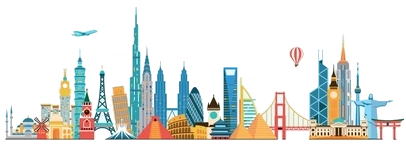
 Eurovision Song Contest,ESC
Eurovision Song Contest,ESC

 Geography
Geography

 Geography
*World's Most Livable Cities
Geography
*World's Most Livable Cities

 History
History
 Austria
Austria
 Silk road
Silk road

 Vacation and Travel
Vacation and Travel

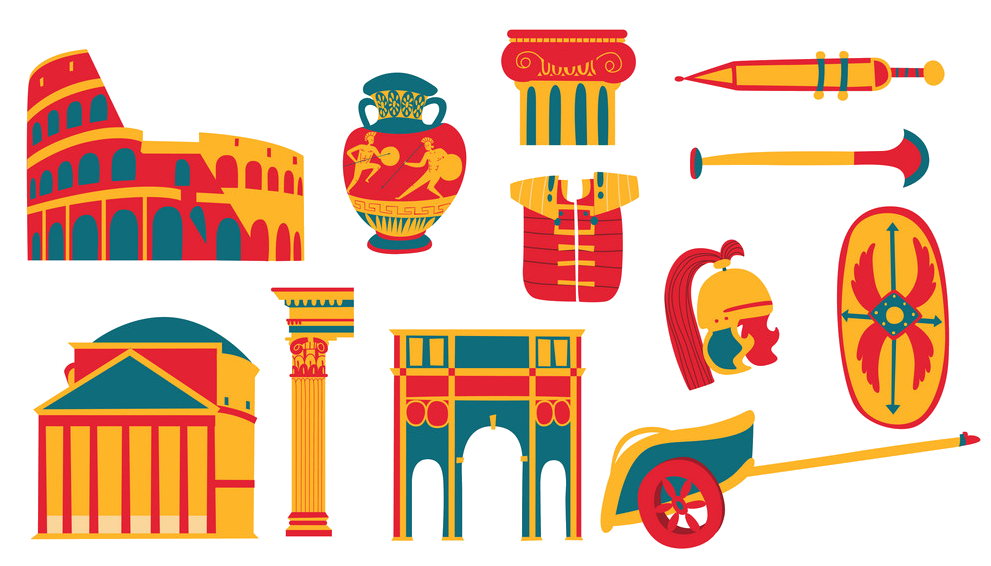 Cities founded by the Romans
Cities founded by the Romans

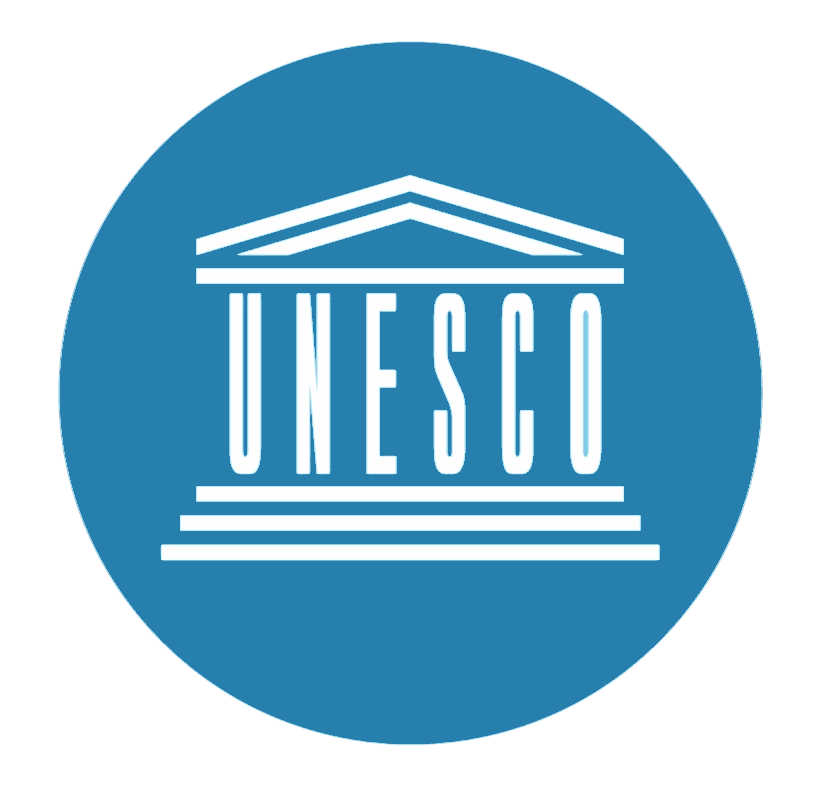 World Heritage
World Heritage

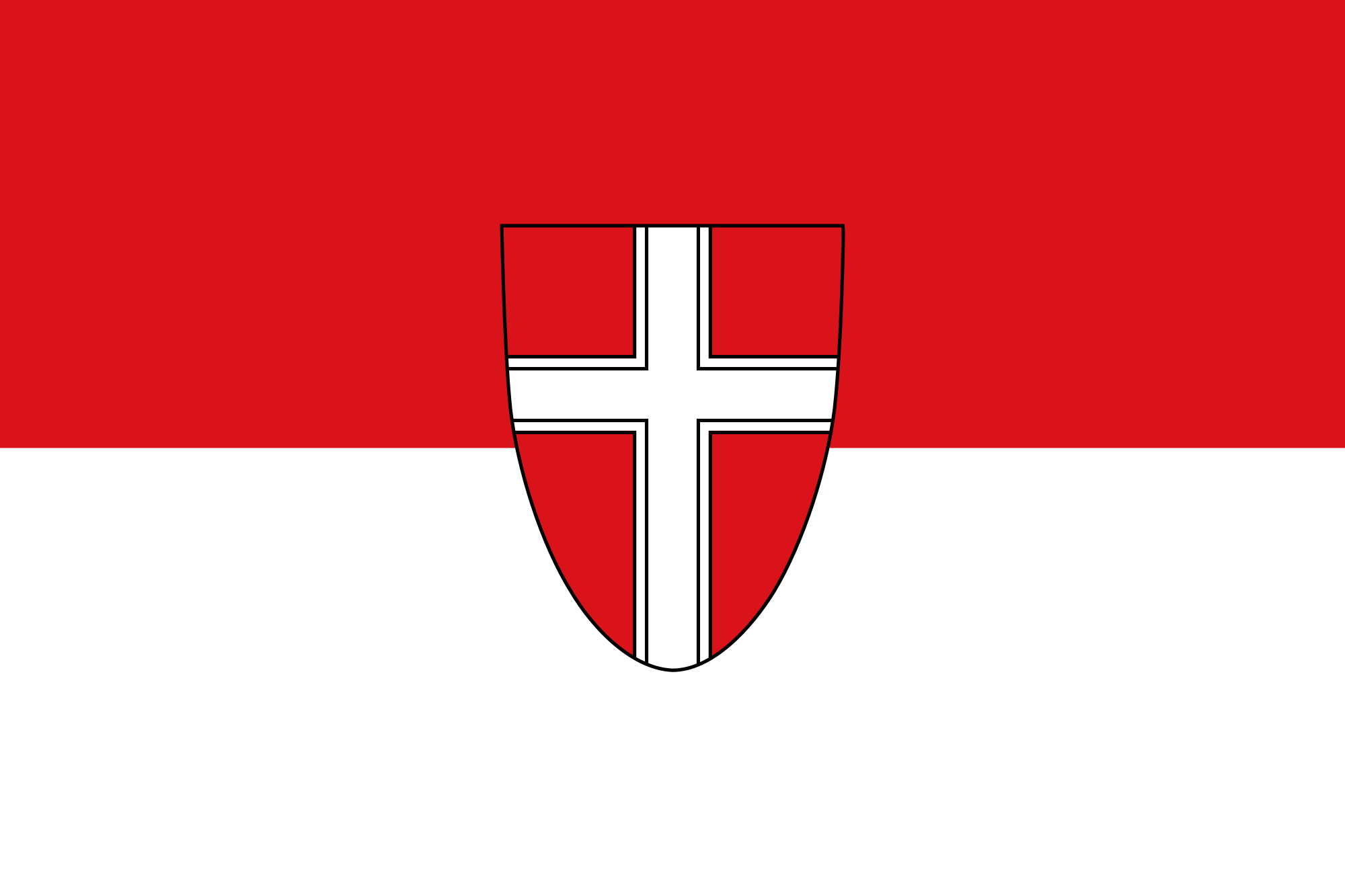 Vienna
Vienna

奥地利首都、著名音乐城市、国际旅游胜地维也纳,位于国境东北部阿尔卑斯山 北麓多瑙河畔,座落在维也纳盆地中,蓝色的多瑙河从市区静静流过,水秀山青,风景幽雅。著名的维也纳森林从西、北、南三面环绕着城市,辽阔的东欧平原从东 面与其相对,到处郁郁葱葱,生机勃勃。登上阿尔卑斯山麓,维也纳森林波浪起伏,尽收眼底。从多瑙河盆地可以远眺喀尔巴阡山闪耀的绿色峰尖,辽阔的平原犹如 一幅特大的绿毯,碧波粼粼的多瑙河穿流其间。维也纳环境优美,景色诱人,素有“多瑙河的女神”之称。
维也纳是一座拥有1800多年历史的古老城市,公元1世纪罗马人曾在这里建立城堡,到1137年成为奥地利公园的首邑。13世纪末期,城内出现大批宏伟的哥特式建筑,15世纪以后成为罗马帝国的首都和欧洲的经济中心。18世纪,随着艺术的繁荣,维也纳作为“音乐城市”闻名遐迩。
维也纳城区占地面积415平方公里,城市人口150万,房屋顺山势而建,布局层次分明,各种风格的教堂错落其间,使这座山青水碧的城市保持着浓厚的古 老庄重色彩。维也纳从内城向外城依次展开,分为3层。内城即老城,这里街道狭窄,卵石铺路,纵横交错,两旁多为巴罗克式、哥特式和罗马式建筑,中世纪的圣 斯特凡大教堂和双塔教堂的尖塔耸立蓝天,在高层建筑不多的城区显得格外醒目。围绕内城的内环城线,宽达50米,路边生长着各种树木,两旁有博物馆、市政 厅、国会、大学和国家歌剧院等重要建筑。内环城线与外环城线之间是城市的中间层,这儿是密集的商业区和住宅区,其间也有教堂、宫殿等建筑。外环城路的南面 和东面是工业区,西面是别墅区、公园区、宫殿等,一直延伸到森林的边缘。城市北面,多瑙河紧贴内城而流,在多瑙河与多瑙河运河之间,有一片岛状地带,这里 有公园、游艺场、体育场、码头、车站等。座落在城市北面的多瑙公园,也是游人云集的地方。多瑙公园内有一座耸入云天的多瑙塔,塔高252米,塔内装有两部 快速电梯,游客只须用45秒钟便可从塔底到达塔顶。塔顶设有室内咖啡馆和室外咖啡座,从塔顶四周眺望,远方的阿尔卑斯山的英姿和多瑙河两岸的美景尽收眼 底,随着塔顶的自动旋转,40分钟内可将维也纳全城景色一览无余。这里既有繁华都市景色,又有山林田园风光,游人常常会情不自禁地赞叹道:“美啊!维也 纳。”(Quelle:http://eur.bytravel.cn/v/39/)
维也纳(德语:Wien;英语:Vienna)是奥地利共和国的首都,也是该国最大都市,同时是奥地利九个联州之一。维也纳是奥地利的首要型都市,有着 172.3 万人口[5](若包含都会区则约 240 万人[4],将近奥地利人口的三分之一),并且是奥地利政治、经济、。文化中心,该市人口数在欧盟城市中名列第七。二十世纪初,维也纳是世界上最大的德语都市,在第一次世界大战中奥匈帝国瓦解前,该市有 2 百万居民,时至今日,维也纳仍是德语区第二大都市,仅次于柏林。维也纳拥有许多重要的国际组织,包含联合国以及 OPEC 。城市坐落于奥地利东部,紧邻捷克、斯洛伐克和匈牙利边界,这些地区紧密相连,形成欧洲中部地区。如果加上布拉提斯拉瓦,维也纳就是个拥有 3 百万居民的大都会区。2001 年维也纳市中心古城区被指定为联合国世界遗产。2017 年 7 月它被移至濒危世界遗产的名录中。
维也纳除了因为丰富的音乐历史遗产而被称作“音乐之都”,也因为它是世界第一个心理治疗师西格蒙德·佛洛伊德的家乡而被称作“梦之都”。该城市最早是凯尔特人和罗马人的定居点,随后逐渐转变为中世纪及巴洛克时期的都市,接着成为奥匈帝国的首都。众所周知,从古典主义时代至 20 世纪初期,维也纳是具有领导地位的的欧洲音乐中心。维也纳历史中心有着丰富的建筑群,包含巴洛克式的城堡和花园、19 世纪末期环城大道上雄伟的建筑物、雕像以及公园。
维也纳也以高品质的生活著称。在 2005 年的研究中,经济学人智库在 127 个全球都市中,将维也纳选为世界最佳宜居城市第一名,与温哥华及旧金山同列。2011 到 2015 年之间,名列第二,仅次于墨尔本。2018 年,维也纳取代墨尔本,再次成为第一。连续八年(2009 年至 2016 年),人力资源顾问公司美世将维也纳列为年度生活质素调查的第一名。以此为基础,Monocle 的 2015 年生活品质调查,在世界最佳 25 个城市中将维也纳列为第二。
2012 及 2013 年,联合国人居署将维也纳列为世界最繁荣的都市。2007 及 2008 年,该城市在创新文化名列世界第一,并且在 2014 年的创新城市指数中从 256 个城市中拿到第六名,该指数分析 162 项指标,内容涵盖三大领域:文化、基础设施和市场。维也纳定期举办城市规划会议,而该城市本身也经常被城市规划者用作案例研究。
2005 年至 2010 年间,维也纳是世界上国际会议和大会的首选城市。维也纳每年吸引超过 680 万游客。
Wien ![]() [viːn] ist die Bundeshauptstadt von Österreich und zugleich eines der neun österreichischen Bundesländer. Mit über 1,8 Millionen Einwohnern ist das an der Donau gelegene Wien die bevölkerungsreichste Großstadt Österreichs, die zweitgrößte im deutschen Sprachraum sowie die sechstgrößte Stadt der Europäischen Union.[10] Im Großraum Wien leben etwa 2,8 Millionen Menschen – das entspricht rund einem Drittel der österreichischen Gesamtbevölkerung.
[viːn] ist die Bundeshauptstadt von Österreich und zugleich eines der neun österreichischen Bundesländer. Mit über 1,8 Millionen Einwohnern ist das an der Donau gelegene Wien die bevölkerungsreichste Großstadt Österreichs, die zweitgrößte im deutschen Sprachraum sowie die sechstgrößte Stadt der Europäischen Union.[10] Im Großraum Wien leben etwa 2,8 Millionen Menschen – das entspricht rund einem Drittel der österreichischen Gesamtbevölkerung.
Architektonisch ist Wien bis heute vor allem von den Bauwerken um die Wiener Ringstraße aus der Gründerzeit, aber auch von Barock und Jugendstil geprägt. Durch seine Rolle als kaiserliche Reichshaupt- und Residenzstadt des Kaisertums Österreich ab 1804 wurde Wien im 19. Jahrhundert zu einem kulturellen und politischen Zentrum Europas. Als fünftgrößte Stadt der Welt zählte die Stadt um das Jahr 1910 über zwei Millionen Einwohner.[11] Das historische Zentrum von Wien sowie das Schloss Schönbrunn gehören heute zum UNESCO-Weltkulturerbe. Mit jährlich rund sieben Millionen Touristen und rund 15 Millionen Gästeübernachtungen zählt Wien zu den zehn meistbesuchten Städten Europas.[12]
Bereits beim Wiener Kongress 1814/15 spielte die Stadt eine bedeutende Rolle in der internationalen Diplomatie, die sie bis in die Gegenwart beibehalten hat. So ist Wien heute als internationaler Kongress- und Tagungsort Sitz von über 30 internationalen Organisationen,[13] darunter das Erdölkartell OPEC, die internationale Atomenergiebehörde IAEO und die OSZE, und zählt damit zu den Weltstädten.[14][15] Das Büro der Vereinten Nationen in Wien (UNOV) beherbergt im Vienna International Centre (VIC) einen der vier Amtssitze der UNO, im Volksmund meist als UNO-City bezeichnet.
Zudem gilt Wien als Stadt mit sehr hoher Lebensqualität. In der internationalen Mercer-Studie 2017/2018, in der die Lebensqualität anhand von 39 Kriterien wie politische, wirtschaftliche, soziale und Umweltfaktoren in 231 Großstädten weltweit verglichen wurden, belegte Wien zum neunten Mal in Folge den ersten Rang.[16] Eine Studie der Vereinten Nationen sah Wien 2012 als wohlhabendste Stadt der Welt.[17]
ウィーン[2](標準独: Wien〈ヴィーン〉、バイエルン・オーストリア語: Wean〈ヴェアン〉、仏: Vienne〈ヴィエンヌ〉、英: Vienna〈ヴィエナ〉)は、オーストリアの首都。2017年1月1日時点の人口は186万7582人。都市単独で一つの連邦州であり、ヨーロッパ有数の世界都市である。位置は、北緯48度12分5秒、東経16度22分38秒。第一次世界大戦まではオーストリア=ハンガリー帝国の首都としてドイツを除く中東欧の大部分に君臨し、さらに19世紀後半まではドイツ連邦や神聖ローマ帝国を通じて形式上はドイツ民族全体の帝都でもあった。クラシック音楽が盛んで過去にモーツァルトやベートーヴェン、シューベルトなど、多くの作曲家が活躍したことから「音楽の都」・「楽都」とも呼ばれる[3]。
ローマ帝国の宿営地ウィンドボナ (Vindobona) をその起源とし、かつてヨーロッパの数か国を支配したハプスブルク家のオーストリア帝国の首都であった。マリア・テレジア女帝時代に栄えた市街は、フランツ・ヨーゼフ1世の治下で整備された。リングと呼ばれる環状道路は、ウィーンの近代化を実現するために、19世紀の後半にかつて旧市街を囲んでいた堀を埋め立てて造られたものである。シュテファン寺院(シュテファン大聖堂)や旧市街をふくむ歴史地区は、「ウィーン歴史地区」の名称で2001年にユネスコの世界遺産に登録された。ここには旧王宮であるホーフブルク宮殿(現在は大統領官邸や博物館、国立図書館などとして使用)・ウィーン国立歌劇場・ブルク劇場・自然史博物館・美術史博物館、南駅に近いベルヴェデーレ宮殿などが含まれる。
ウィーンは、そもそもの成り立ちが2つの道が交差するところに生まれた町であった。ドナウ川に沿ってヨーロッパを東西に横切る道と、バルト海とイタリアを結ぶ南北の道(「琥珀街道」)である。そこはゲルマン系、スラヴ系、マジャール系、ラテン系のそれぞれの居住域の接点にあたり、歴史的にみても、上述のように、紀元前5世紀以降ケルト人の居住する小村であったところにローマ帝国の北の拠点が建設されたのが起源であった。オスマン帝国の隆盛時にはヨーロッパからみてアジアへの入り口にもあたっており、伝統的にも多彩な民族性を集約する都市として栄えた。
その地理上の位置は、かつて共産圏に属した東ドイツのベルリンや東欧スラヴ民族の国家チェコのプラハよりも東であり、第二次世界大戦後の冷戦時代にあっても、国際政治上微妙な位置にあった。
また、都心から南南西方面に離れた場所には、かつてウィーン会議の舞台となった世界遺産のシェーンブルン宮殿がある。これは、レオポルト1世が狩猟用の別荘として建てたものを、マリア・テレジアが離宮として完成させたものである。
現在のウィーンは、国際機関本部の集積地ともなっており、日本政府も在ウィーン国際機関日本政府代表部を置いている。ウィーンに本部を置いている機関は次の通り。
Vienna (/viˈɛnə/ (![]() listen);[10][11] German: Wien, pronounced [viːn] (
listen);[10][11] German: Wien, pronounced [viːn] (![]() listen)) is the federal capital and largest city of Austria, and one of the nine states of Austria. Vienna is Austria's primary city, with a population of about 1.8 million[1] (2.6 million within the metropolitan area,[4] nearly one third of Austria's population), and its cultural, economic, and political centre. It is the 7th-largest city by population within city limits in the European Union. Until the beginning of the 20th century, it was the largest German-speaking city in the world, and before the splitting of the Austro-Hungarian Empire in World War I, the city had 2 million inhabitants.[12] Today, it has the second largest number of German speakers after Berlin.[13][14] Vienna is host to many major international organizations, including the United Nations and OPEC. The city is located in the eastern part of Austria and is close to the borders of the Czech Republic, Slovakia, and Hungary. These regions work together in a European Centrope border region. Along with nearby Bratislava, Vienna forms a metropolitan region with 3 million inhabitants.[citation needed] In 2001, the city centre was designated a UNESCO World Heritage Site. In July 2017 it was moved to the list of World Heritage in Danger.[15]
listen)) is the federal capital and largest city of Austria, and one of the nine states of Austria. Vienna is Austria's primary city, with a population of about 1.8 million[1] (2.6 million within the metropolitan area,[4] nearly one third of Austria's population), and its cultural, economic, and political centre. It is the 7th-largest city by population within city limits in the European Union. Until the beginning of the 20th century, it was the largest German-speaking city in the world, and before the splitting of the Austro-Hungarian Empire in World War I, the city had 2 million inhabitants.[12] Today, it has the second largest number of German speakers after Berlin.[13][14] Vienna is host to many major international organizations, including the United Nations and OPEC. The city is located in the eastern part of Austria and is close to the borders of the Czech Republic, Slovakia, and Hungary. These regions work together in a European Centrope border region. Along with nearby Bratislava, Vienna forms a metropolitan region with 3 million inhabitants.[citation needed] In 2001, the city centre was designated a UNESCO World Heritage Site. In July 2017 it was moved to the list of World Heritage in Danger.[15]
Apart from being regarded as the City of Music[16] because of its musical legacy, Vienna is also said to be "The City of Dreams" because it was home to the world's first psychotherapist – Sigmund Freud.[17] The city's roots lie in early Celtic and Roman settlements that transformed into a Medieval and Baroque city, and then the capital of the Austro-Hungarian Empire. It is well known for having played an essential role as a leading European music centre, from the great age of Viennese Classicism through the early part of the 20th century. The historic centre of Vienna is rich in architectural ensembles, including Baroque castles and gardens, and the late-19th-century Ringstraße lined with grand buildings, monuments and parks.[18]
Vienna is known for its high quality of life. In a 2005 study of 127 world cities, the Economist Intelligence Unit ranked the city first (in a tie with Vancouver and San Francisco) for the world's most liveable cities. Between 2011 and 2015, Vienna was ranked second, behind Melbourne.[19][20][21][22][23] In 2018, it replaced Melbourne as the number one spot.[24] For eight consecutive years (2009–2016), the human-resource-consulting firm Mercer ranked Vienna first in its annual "Quality of Living" survey of hundreds of cities around the world, a title the city still held in 2016.[25][26][27][28][29][30][31] Monocle's 2015 "Quality of Life Survey" ranked Vienna second on a list of the top 25 cities in the world "to make a base within."[32][33][34][35][36]
The UN-Habitat classified Vienna as the most prosperous city in the world in 2012/2013.[37] The city was ranked 1st globally for its culture of innovation in 2007 and 2008, and sixth globally (out of 256 cities) in the 2014 Innovation Cities Index, which analyzed 162 indicators in covering three areas: culture, infrastructure, and markets.[38][39][40] Vienna regularly hosts urban planning conferences and is often used as a case study by urban planners.[41]
Between 2005 and 2010, Vienna was the world's number-one destination for international congresses and conventions.[42] It attracts over 6.8 million tourists a year.[43]
Vienne (prononcé : /vjɛn/ ; en allemand : Wien [viːn] Écouter ; en bavarois : ; en hongrois : Bécs) est la capitale et la plus grande ville de l'Autriche ; elle est aussi l'un des neuf Länder (État fédéré) du pays (en allemand : Bundesland Wien).
La ville est située dans l'est du pays et traversée par le Danube (Donau). Capitale du duché puis archiduché d'Autriche, elle fut de fait celle du monde germanique durant le règne de la maison de Habsbourg (devenue en 1745 la maison de Habsbourg-Lorraine) sur le Saint-Empire romain germanique (1273-1291, 1298-1308, 1438-1806) puis présida la Confédération germanique (1815-1866). Elle fut en même temps celle de l'empire d'Autriche (1804–1867) puis de l'Autriche-Hongrie (1867-1918). Elle a été le point de départ de la crise bancaire de mai 1873. Depuis plusieurs années, elle figure dans les premières places de nombreux classements internationaux récompensant la qualité de vie des métropoles. Par exemple, la ville est en tête du classement selon l'indice Mercer évaluant le coût de la vie et la qualité de vie de 221 villes dans le monde1,2.
Peuplée d'environ 1,8 million d'habitants3, Vienne est le principal centre culturel, politique et économique de l'Autriche. Jusqu'au début du XXe siècle, elle est la plus grande ville germanophone au monde. Elle est aujourd'hui deuxième derrière Berlin.
Vienne est un important centre politique international, notamment en raison de la neutralité autrichienne, puisqu'y siègent l'OSCE, l'OPEP et diverses agences de l'ONU, comme l'Agence internationale de l'énergie atomique, l'Office des Nations unies contre la drogue et le crime ou l'ONUDI. En 1958, Vienne partage avec La Haye le prix de l'Europe4. Par ailleurs, la ville a été le lieu de signature d'un grand nombre de conventions et traités internationaux. Entre 2005 et 2010, Vienne a été la première destination mondiale pour les congrès et conventions internationales.
Surnommée la « Ville des rêves » parce que l'inventeur de la psychanalyse, Sigmund Freud, y résida, ou encore la « Ville de la musique », en raison de l'influence considérable que la ville a eue dans le domaine de la musique, notamment à travers le classicisme viennois, Vienne accueille environ 3,7 millions de touristes chaque année. Grâce à sa riche histoire, elle bénéficie d'un patrimoine culturel et architectural remarquable. Depuis 2001, le centre historique de Vienne est classé au patrimoine mondial de l'UNESCO5.
Viena (en alemán: Wien AFI: ![]() [viːn] (?·i)) es una ciudad austriaca en Europa Central situada a orillas del Danubio, en el valle de los Bosques de Viena, al pie de las primeras estribaciones de los Alpes. Es la capital de Austria y uno de sus nueve estados federados (Bundesland Wien).
[viːn] (?·i)) es una ciudad austriaca en Europa Central situada a orillas del Danubio, en el valle de los Bosques de Viena, al pie de las primeras estribaciones de los Alpes. Es la capital de Austria y uno de sus nueve estados federados (Bundesland Wien).
Está rodeada por el Estado federado de Baja Austria. Viena es la mayor ciudad, centro cultural y político de Austria. Además es la segunda ciudad más poblada de Europa Central (tras Berlín) y la décima ciudad en población de la Unión Europea. Su población supera el 1.800.000 de habitantes (2017) y su área metropolitana cuenta con 2,4 millones, población similar a la que tenía la ciudad en 1914. El idioma oficial es el alemán y se habla en una de sus variantes bávaras.
La ciudad tiene una larga historia, ya que es una de las más antiguas capitales de Europa, por lo que cuenta con un importante patrimonio artístico. Durante el siglo XIX fue una de las grandes capitales musicales del mundo y a principios del siglo XX meca de la filosofía y el debate político de Occidente, así como uno de los principales centros culturales mundiales.
Ве́на (нем. Wien [ˈviːn], бав. Wean, лат. Vindobona и Metropolis civitas Viennensium) — федеральная столица Австрии и одновременно одна из девяти федеральных земель Австрии, расположенная внутри другой земли, Нижней Австрии. Расположена в восточной части страны. Население Вены составляет 1 867 582 чел. (2017-01-01)[1]; вместе с пригородами — около 2,6 млн (более 25 % населения Австрии); таким образом, Вена является самым крупным по населению городом Австрии, занимая седьмое место среди самых крупных городов Европейского союза и второе место среди немецкоязычных городов после Берлина. Культурный, экономический и политический центр Австрии.
Вена является третьим городом-резиденцией ООН после Нью-Йорка и Женевы. Венский международный центр (так называемый UNO-City) включает в себя МАГАТЭ, УНП ООН, организации ООН по промышленному развитию и др. В Вене находятся штаб-квартиры таких международных организаций, как ОПЕК и ОБСЕ.
В течение многих столетий Вена являлась городом-резиденцией Габсбургов, а во времена их правления и столицей Священной Римской империи германской нации, превратившись в культурный и политический центр Европы. В 1910 году в Вене проживало два миллиона человек, она занимала четвёртое место среди крупнейших городов мира, уступая лишь Лондону, Нью-Йорку и Парижу. После Первой мировой войны, повлёкшей за собой окончательный развал империи, население Вены сократилось почти на четверть и расти перестало.
Старый город Вены и дворец Шёнбрунн в декабре 2001 года были внесены в список Всемирного наследия ЮНЕСКО.
Согласно результатам международного исследования агентства Mercer, опубликованного в мае 2012 года, в котором сравнивалось качество жизни в 221 городе, Вена пятый раз подряд заняла первое место в мире по качеству жизни[3][4]. Журнал The Economist в 2011 году поставил Вену на второе место в мире по комфортности проживания (после Мельбурна и перед Ванкувером)[5].



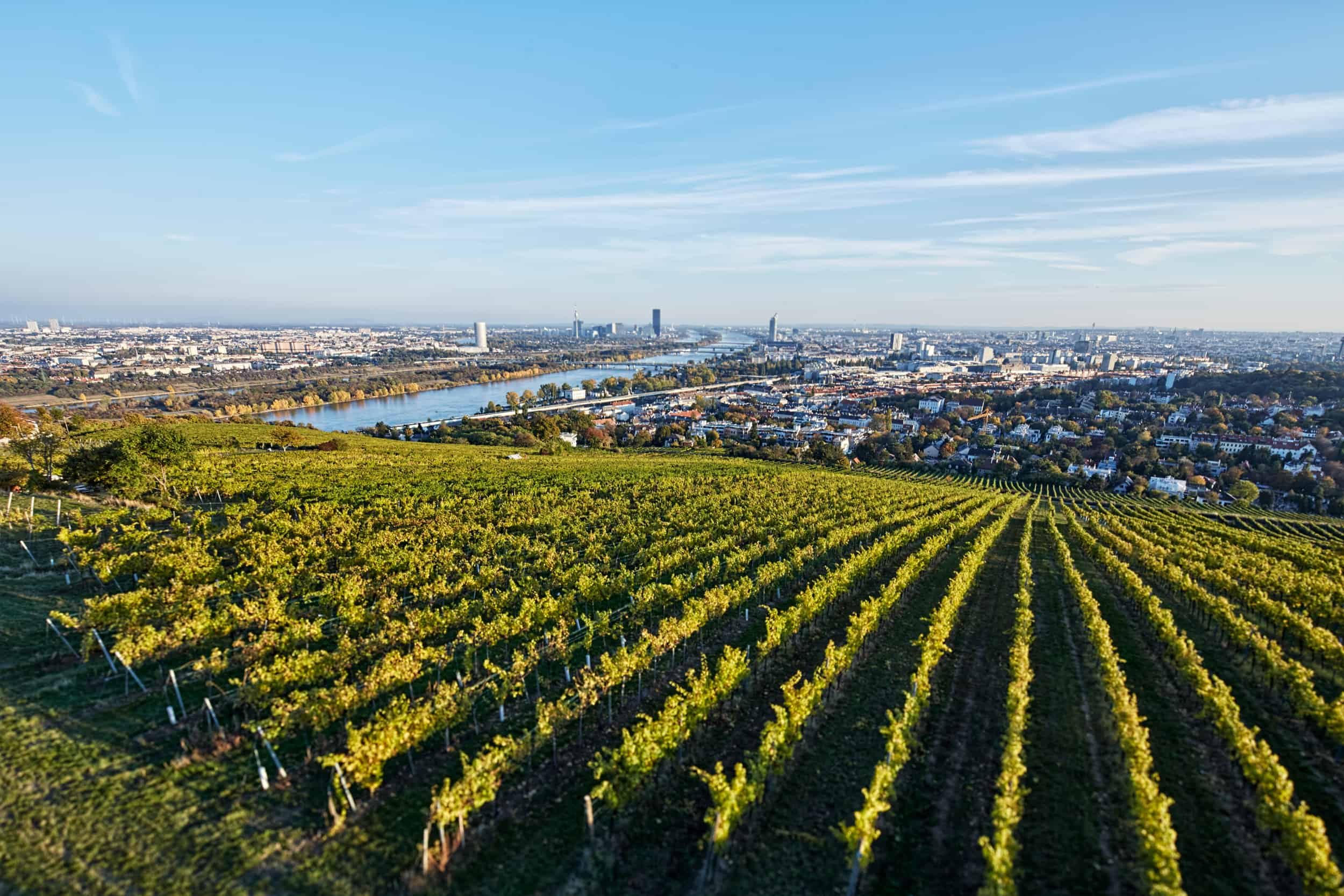

多 瑙运河直接穿过维也纳市中心。这条17公里长的运河原是多瑙河的支流,400年前建成运河,成为比其主河道与维也纳城市联系更为紧密的多瑙河。如 今,在多瑙运河可乘船观光。从维也纳至布拉迪斯拉发之间的城市间多瑙河游船(Twin City Liner,行程75分钟)和环游维也纳游船都是从多瑙运河开始。运河河畔出现很多休闲娱乐场所,如以前的天文台乌拉尼亚(Urania)如今成为一座拥 有迷人餐厅和咖啡屋的电影院。
四月到十月,在多瑙运河乘坐DDSG蓝色多瑙河公司的游船可游览多瑙河运河和多瑙河主干线,还有一些带有音乐和自助餐的专题旅游,如维也纳歌曲游、加勒比海之夜等。夏季还有前往周边如瓦豪地区、多瑙河国家公园的一日游。乘船地点位于环城大道旁的瑞典广场。


